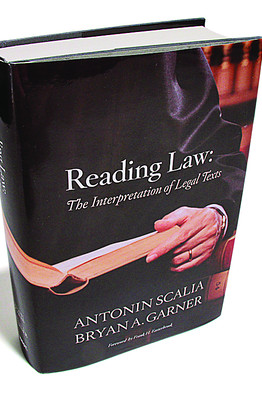To uphold the individual mandate as an exercise of the taxing power, the majority overlooked the natural meaning of the statutory text.
By David B. Rivkin Jr. and Lee A. Casey
The Supreme Court’s ObamaCare decision is both a triumph and a tragedy for our constitutional system. On the plus side, as we have long argued in these pages and in the courts, the justices held that Congress’s power to regulate interstate commerce cannot support federal requirements imposed on Americans simply because they exist. The court also ruled that there are limits to Congress’s ability to use federal spending to force the states to adopt its preferred policies.
However, in upholding ObamaCare’s mandate that all Americans buy health insurance as a kind of “tax,” the court itself engaged in a quintessentially legislative activity—redrafting the law’s unambiguous text. The court struck down ObamaCare as enacted by Congress and upheld a new ObamaCare of its own making.

